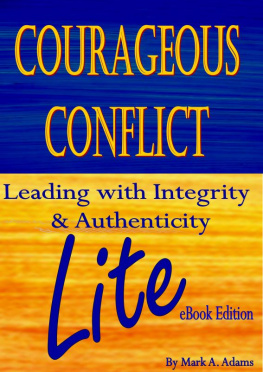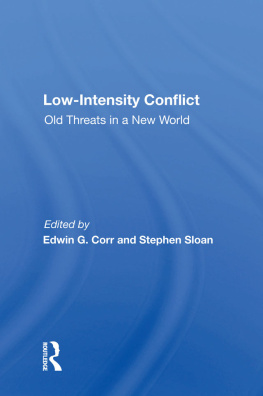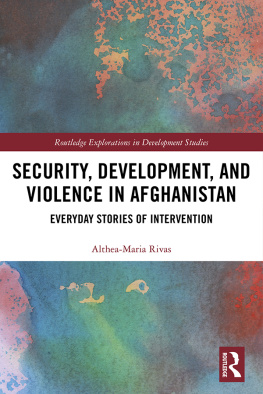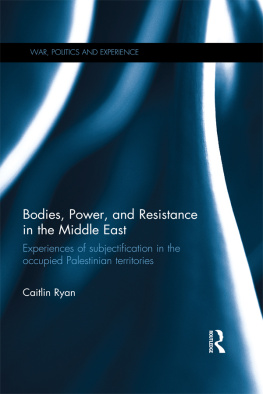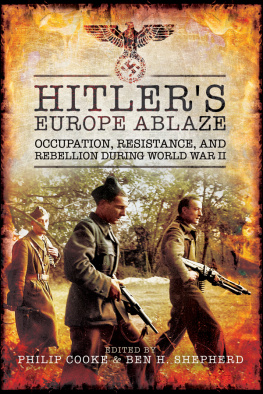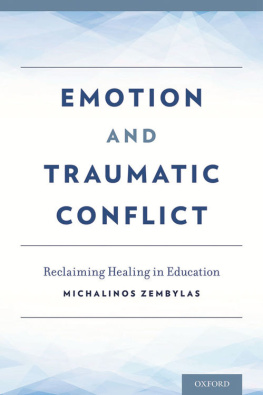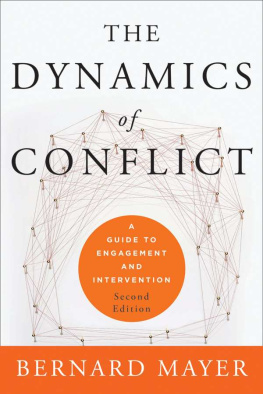The Poetics of Conflict Experience
Seventy years after the end of the Second World War, we still do not fully appreciate the intensity of the lived experience of people and communities involved in resistance movements and subjected to German occupation. Yet the enduring conjunction between individuals, things and place cannot be understated: from plaques on the wall to the beloved yellowing relics of private museums, materiality is paramount to any understanding of conflict experience and its poetics. This book reasserts the role of the senses, the imagination and emotion in the Italian war experience and its remembrance practices by tracing a cultural geography of the everyday material worlds of the conflict, and by digging deep into the multifaceted interweaving of place, person and conflict dynamics. Loneliness, displacement and paranoia were all emotional states shared by resistance activists and their civilian supporters. But what about the Fascists? And the Germans? In a civil war and occupation where shifting allegiances and betrayal were frequent, traditional binary codes of friend-foe cannot exist uncritically. This book incorporates these different actors perceptions, their competing and discordant materialities, and their shared yet different sense of loss and placelessness through witness accounts, storytelling and memoirs.
Sarah De Nardi is a Research Associate in Cultural Geography at the University of Durham. Her focus on embodiment and identity frames war and conflict as lived experience in the everyday. She has published in cultural geography, anthropology, history and archaeology journals and volumes, and is Assistant Editor of the Journal of Community Archaeology and Heritage. Recently she co-edited Memory, Place and Identity: Commemoration and Remembrance of War and Conflict (Routledge, 2016). This book grows out of seven years of research in Italy, the UK and Germany, and is informed by a close personal connection to the topic of resistance due to the fact that her grandfather was a Partisan. Her subjectivity as an Italian, European citizen and scholar is a recurrent theme in the book, lending a nuanced and engaging perspective to the overarching theme and the arguments put forth.
Material Culture and Modern Conflict
Series editors:
Nicholas J. Saunders
University of Bristol
Paul Cornish
Imperial War Museum, London
Modern warfare is a unique cultural phenomenon. While many conflicts in history have produced dramatic shifts in human behaviour, the industrialized nature of modern war possesses a material and psychological intensity that embodies the extremes of our behaviours, from the total economic mobilization of a nation state to the unbearable pain of individual loss. Fundamentally, war is the transformation of matter through the agency of destruction, and the character of modern technological warfare is such that it simultaneously creates and destroys more than any previous kind of conflict.
The material culture of modern wars can be small (a bullet, machine-gun or gas mask), intermediate (a tank, aeroplane or war memorial), and large (a battleship, a museum, or an entire contested landscape). All share one defining feature they are artefacts, the product of human activity rather than natural processes. In this sense, for example, the First World Wars Western Front is as much a cultural artefact as a Second World War V2 rocket, a cold war early-warning radar station, wartime factories and bombed buildings, as are photographs, diaries, films, war souvenirs and a host of conflict-related art forms. Similarly artefactual, though not always understood as such, are people the war-maimed (sometimes fitted with prostheses), war refugees and their camps, collectors of memorabilia, and the post-conflict presence of absence in towns and cities of large numbers of missing men, women and children. Each in their own way through objects, memories, attitudes and actions perpetuate different engagements with conflict and its painful and enduring aftermath.
The material culture of conflict offers a field of study which is both rich and fiercely relevant to the world which we inhabit. Wars and other forms of conflict have formed that world. Today we still live in the shadow of two world wars which set new standards for extremes of violence, and violent conflicts remain in progress across the globe as this series of books is inaugurated. These events have created a truly massive volume of material culture. The ways in which people engage with it is conditioned by societys equivocal attitude to violent conflict itself. As John Keegan wrote, We are cultural animals and it is the richness of our culture which allows us to accept our undoubted potentiality for violence but to believe nevertheless that its expression is a cultural aberration (Keegan, A History of Warfare, 1994). Keegan himself knew that the reality was not so clear cut as this reassuring vision. The relationships which people have with the material culture created in a context of violence add weight to this assessment, for they are simultaneously capable of supporting or undermining the perception of warfare as an aberration or exception.
Now as never before, we perceive unfamiliar but underlying truths in the way in which these artefacts reveal infinitely varied interactions with people: a social life created by human engagement with objects. Although overwhelmingly inanimate, they are not merely passive signifiers, reifications or receptors of meaning, but can exercise positive agency in forming and embodying human thoughts and emotions. In short, objects make people as much as people make objects. The behaviours provoked by conflict illustrate how an individuals social being is determined by their relationship to the objects that represent them how objects are a way of knowing oneself through things both present and absent. This is as true for First World War battlefield pilgrims (often widows), survivors of the Holocaust, and Second World War civilian internees and prisoners of war, as it is for uniformed service personnel who took part in both world wars, the Vietnam War, the Sarajevo militia of the Bosnian Conflict, and the war-maimed from Afghanistan and Iraq, to name just a few.
A further incentive to focus on this subject lies in developments in the academic world. For decades, anthropologists and historians have devoted increasing amounts of effort to the study of conflict. Until recently, their studies have followed discrete paths, but change has been afoot since the closing years of the last century. A slow-burning revolution in academic engagement with warfare (not to say a rebranding) relocated historians of conflict from the unfashionable suburb of military history to uptown locales like war studies and First World War studies. Everyone now accepts that what we call peace cannot be understood without knowing what happens in wars, any more than wars can be comprehended in isolation. Furthermore, ground-breaking work began to appear in which historians addressed wars from the perspective of their material and cultural milieus or manifestations.
Parallel advances have been occurring in the disciplines of archaeology and anthropology. The re-appraisal of materiality has been at the forefront of these developments. The ways in which we view and think about the things we make, their complex volatility, and their elusive meanings have been brought under academic scrutiny. The transformative quality of the material culture of modern conflict, and its ability to move across disciplinary boundaries, demands a robust interdisciplinary response. Focused on material culture, such an approach offers to revitalize investigations into the physical and symbolic worlds that conflict creates, and that defines us as subjects through memory, imagination, and technology.


